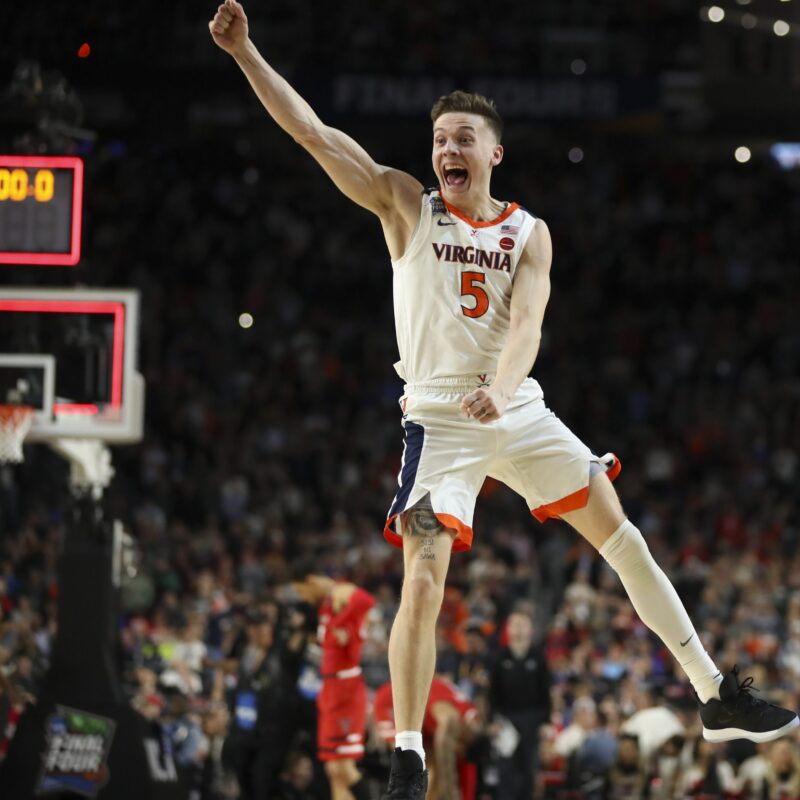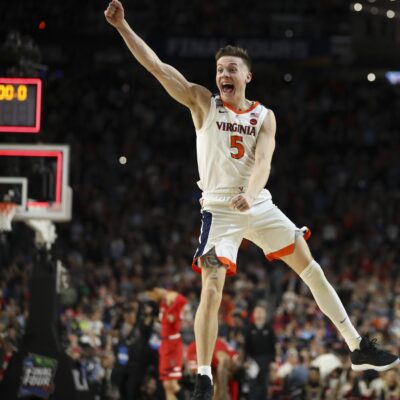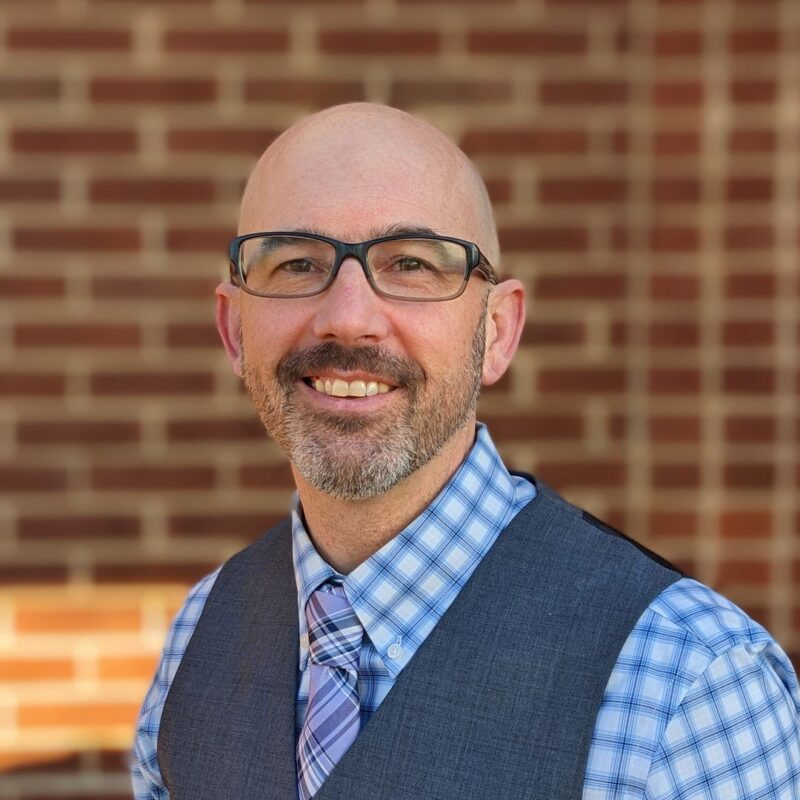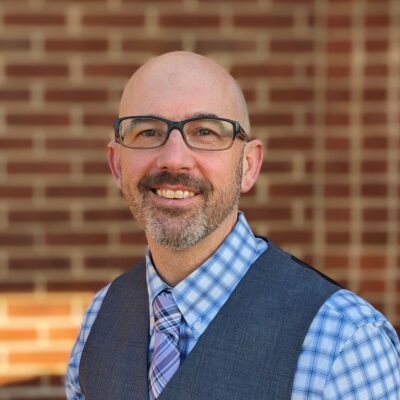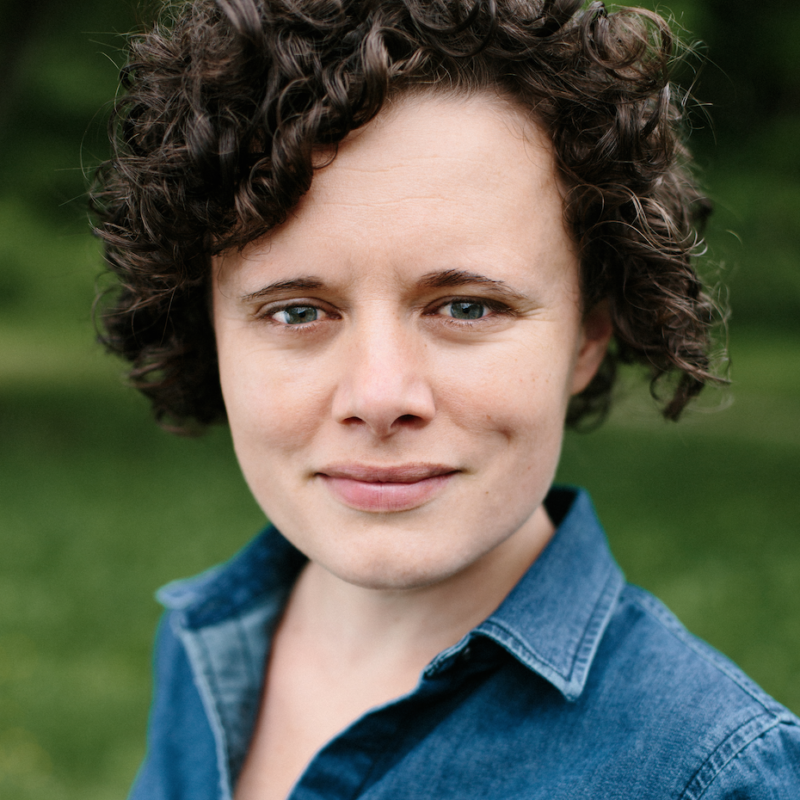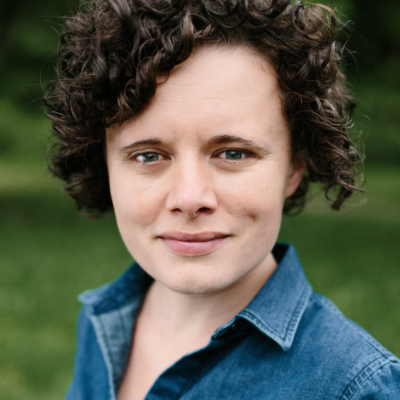Save for the 1907 bronze sculpture of Homer at one end of UVA’s original campus and the life-size, marble Thomas Jefferson at the other, the closest thing to a statue at Sunday’s 181st graduation exercises was University President John Casteen, who appeared both timeless and unshakeable before a crowd of thousands of graduates, his wife and incoming UVA president Teresa Sullivan.
“This is, in a sense, a daunting moment for me,” said Casteen, after students and faculty completed their hour-long procession down UVA’s most famous stretch of grass. While Casteen admitted he was more used to observing commencement speeches than giving them, he delivered a speech that both celebrated the occasion for students and respected some of the darkness the community faced in the weeks prior.
In fact, during his last major speech as president before his August 1 resignation, Casteen sounded more the English professor that he once was than the captain of a $3 billion capital campaign. He left the numbers to John Wynne, rector of the UVA Board of Visitors, who introduced Casteen as “a remarkable man, right for the time at Mr. Jefferson’s University” before a crowd of more than 6,000 graduates.
|
“My Betsy’s contribution to this speech? ‘Don’t sweat the small stuff,’” said UVA President John Casteen, quoting his wife during Sunday’s commencement speech. More than 6,000 degrees were awarded, including a bachelor’s degree in politics for slain fourth-year student Yeardley Love, who was honored with a moment of silence alongside three other students who died during their final academic year. |
“After today, with the awarding of your degrees, one-half of the living alumni of the university will have earned their degrees during John’s presidency,” said Wynne, who also mentioned that new buildings and additions during Casteen’s time make up more than 40 percent of the UVA grounds. “And so his influence will extend, through you and all he has accomplished, far into the future.”
Skipping his own résumé, as well as personal anecdotes, Casteen used his commencement speech for a short course on Romantic poet John Keats and his idea of “negative capability”—what Casteen defined as “the capacity to live with uncertainty and to accept that not every mystery can be solved, not every incongruity resolved.”
“Just as the University has not been perfect in your time here, the world to which you go is flawed and, in some senses, corrupt,” said Casteen. “…And yet, as goodness has existed here in your time as a student, it exists also in the world to which you go now, but with the condition that good in the world to which you go is yours to create.”
Casteen’s Keats lesson closed with the poet’s comparison of life to a “mansion of many apartments,” both an ongoing illumination and progression through darkness. “Here we must decide for ourselves whether or not to act—whether we will step out courageously to explore those dark passages,” said Casteen.
The themes of his speech—the willingness to act and speak, departure from UVA to “the world to which you go”—veered close to comments he made following the slaying of fourth-year student Yeardley Love, whose name was the final words of Casteen’s speech.
“Cheers at games, no matter what the sport,” said Casteen, as he listed a few lasting sounds from around campus. “And the name of Yeardley Love.”
Roughly an hour after commencement concluded with a presentation of degree candidates, Love was awarded a posthumous degree during a diploma ceremony for UVA’s politics department.
“We’re not mourning Yeardley, but celebrating her achievements as a member of this class,” said Jeffrey Legro, chairman of the department. A UVA alum and cousin of Love accepted her diploma while the crowd, including a few membes of Love’s extended family and women’s lacrosse coach Julie Myers, offered a standing ovation.

